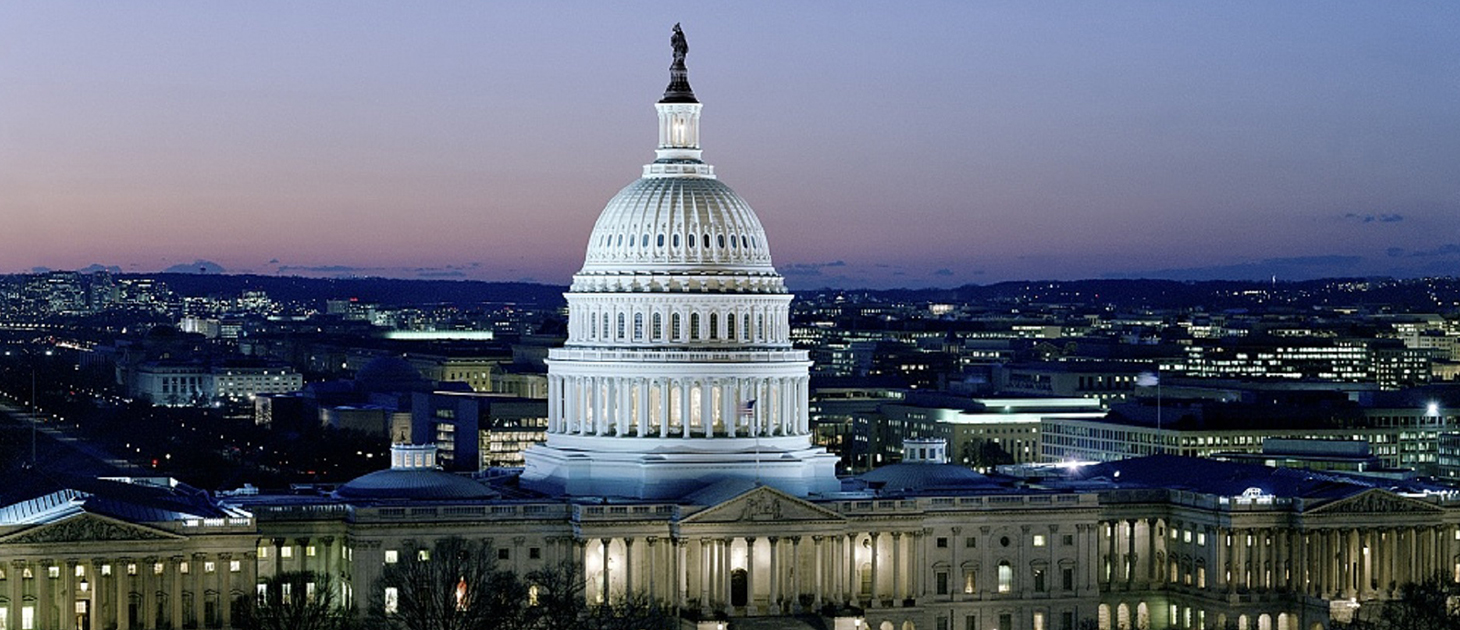Middle-Market Public Policy Roundup
The Financial Stability Board published an annual report on "shadow banking" and President Donald Trump gave his second State of the Union address.

The international Financial Stability Board, led by the Federal Reserve’s vice chairman, released an annual report this week on the activity of “shadow banking” in the global financial system. The report found an increasing number of U.S. companies relying on private lenders outside of traditional banking institutions and a lack of data to fully analyze potential risk.
Last night, President Donald Trump gave his second State of the Union address, where he measured the performance of his administration over the last year and set the tone for the year ahead. While the president spoke at length on topics like immigration and health care, he did not articulate any new objectives for business-related issues, indicating little change moving forward.
Financial Stability Board’s “Shadow Banking Report” Released
The Financial Stability Board released its eighth annual Global Monitoring Report on Non-Bank Financial Intermediation this week.
The board, an international body chaired by Federal Reserve Vice Chairman of Supervision Randal Quarles, is responsible for monitoring and making recommendations about the global financial system. The report focused on what it referred to as “shadow banking,” where non-banks have increasingly become “important players in areas where banks traditionally have played dominant roles.”
The report noted that in 2017 global non-bank financial intermediation grew to a total of $51.6 trillion, representing 14 percent of global assets, with the vast majority of it held in the United States. In particular, global high-yield debt has now exceeded their pre-2008 crisis highs. The report estimates a total leveraged loan market of up to $2.4 trillion, noting that there has been significant growth due to low interest rates and increasingly lower credit restrictions.
The report estimates non-bank financial intermediaries hold nearly 70 percent of the primary market for such loans. “It is estimated that PE funds, both those owned by PE sponsors and those employing the PE ownership structure, have provided at least $140 billion in loans to non-financial, non-real estate, corporates, particularly in the direct lending and middle market segments of the leveraged loan markets,” the report said.
As corporate debt increases faster than earnings, companies taking advantage of leveraged loans and other shadow banking practices may have less financial flexibility and may be more vulnerable to economic downturns and potential defaults, which could spill over into other markets, the report said.
And because leveraged loans are private, transaction data is not publicly available and difficult to track. To keep abreast of the shadow banking activity, the board recommended enhancing data collection to have a clearer view where the most risk resides, who is most vulnerable and if it has “systemic importance.”
State of the Union Largely Devoid of Financial Focus
In his second State of the Union address Tuesday night, President Trump largely avoided business issues, including finance regulation and taxation. Instead, the president chose to devote the majority of his speaking time on health care, immigration, and foreign policy.
Trump did, however, make sure to include praise for the massive Tax Cuts and Jobs Act package, signed into law in late 2017. Attributing recent job growth and an “unprecedented economic boom” to the tax cuts and deregulatory focus of the administration, the president touted individual tax cuts, the increased child tax credit, and the increased estate tax exemption. Trump also used the occasion to continue his demand for a Chinese trade deal that “must include real, structural change to end unfair trade practices, reduce our chronic trade deficit and protect American jobs.”
The address largely reiterated the Trump administration’s deregulatory focus with regards to business issues, which is likely to continue for the next two years despite increased oversight by way of hearings from the Democrat-controlled House of Representatives.
Are you an ACG member who enjoys reading the public policy roundup? Join our Public Policy Interest Group to receive even more in-depth coverage of federal policy activity impacting the middle market, as well as opportunities to help shape ACG’s advocacy efforts.

Maria Wolvin is ACG Global’s vice president and senior counsel, public policy.

Ben Marsico is ACG Global’s manager of legislative and regulatory affairs.


